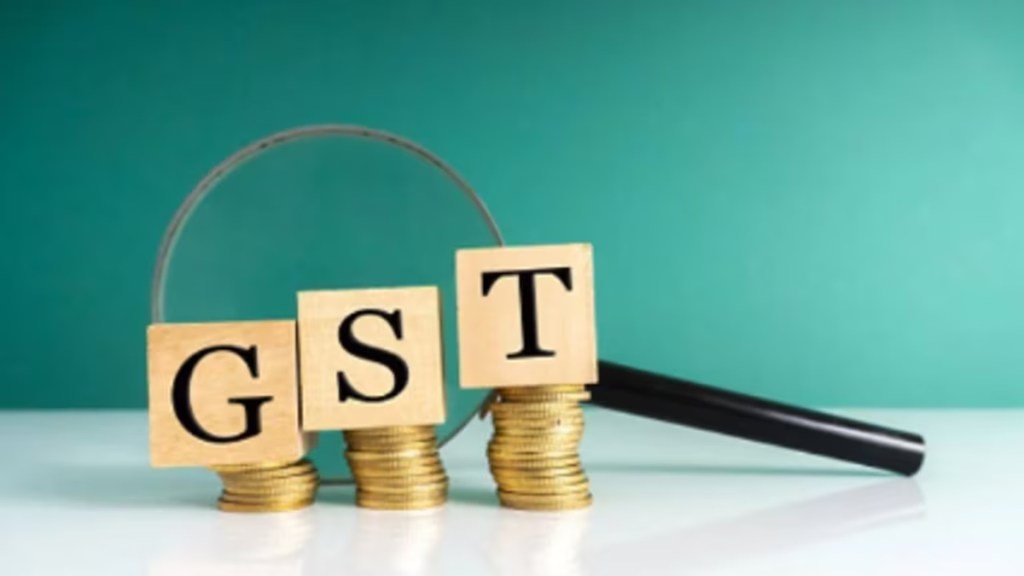A day after the GST Council gave an early Diwali gift in the form of steep tax cuts, Corporate India has lost no time in starting the fireworks.Industry captains said that the reforms, introduced eight years after GST was first unveiled in India, would spur domestic demand at a time of heightened global uncertainty, geopolitics and tariff-related concerns.
The rationalisation measures would not only provide immediate relief to households, but also strengthen key industrial sectors, top executives said. Some called for an acceleration of the pace of reforms in general.“We have now joined the battle…More and faster reforms are the surest way to unleash consumption and investment. Those, in turn, will expand the economy and amplify India’s voice in the world,” Anand Mahindra, chairman, Mahindra Group, said in a post on X.
Timely boost for key industries
Sudarshan Venu, chairman, TVS Motor, said that the GST tax cuts would turbocharge growth. “It will significantly boost consumption across segments of the society. For our industry especially, it’s a welcome move as it will help two-wheelers become more accessible and also help those looking to upgrade“The government’s proactive step to reduce GST is a game-changing move that will significantly boost consumption across rural and urban India. GST rate cuts, coupled with income tax relaxations, lower repo rates and a good monsoon, create a powerful ecosystem to drive growth,” Harsha Vardhan Agarwal, Ficci president and vice-chairman & MD, Emami, said.
Streamlining tax and empowering consumers
The government has also clarified that issues such as input tax credit (ITC) would be streamlined as part of its GST 2.0 reforms. While the new tax rates would come into effect on September 22, ITC could be duly utilised by distributors to discharge output tax liabilities, the government said.
Unsoo Kim, MD, Hyundai Motor India, said that the GST reforms would directly benefit 60% of its internal combustion engine (ICE) portfolio which would now fall under the 18% tax slab.Colgate-Palmolive India’s MD & CEO Prabha Narasimhan that the reduction of GST on oral care products from 18% to 5% was a welcome move. “This is a timely measure that provides a much-needed boost to consumer confidence,” she said.
Categories such as air conditioners, TVs and dish washers are likely to see a 10% cut in price to consumers, following GST on these products rationalised to 18% from 28% earlier.
Mankind Pharma CEO Sheetal Arora said “the GST revisions go beyond tax rationalisation, they represent a structural shift in how India is enabling healthcare access. By removing GST on lifesaving rare-disease and oncology therapies and reducing it on essential medicines and diagnostics, the government has signalled that affordability and innovation can go hand in hand,” she said.
“By making essentials affordable, supporting healthcare and education, and empowering agriculture, these reforms also provide fresh momentum to the economy,” Sanjiv Goenka, chairman, RP-Sanjiv Goenka Group, said.“With this reduction, products that were earlier seen as aspirational are now more accessible,” Manish Sharma, chairman, Panasonic Life Solutions, said. “It will also allow for a larger section of households to upgrade to energy-efficient and connected appliances,” he said.NS Satish, president, Haier Appliances India, said apart from spurring demand, lower GST would also strengthen the entire ecosystem, from innovation and manufacturing to distribution and retail. “It will boost affordability as well as contribute meaningfully to India’s economic growth,” he said.

